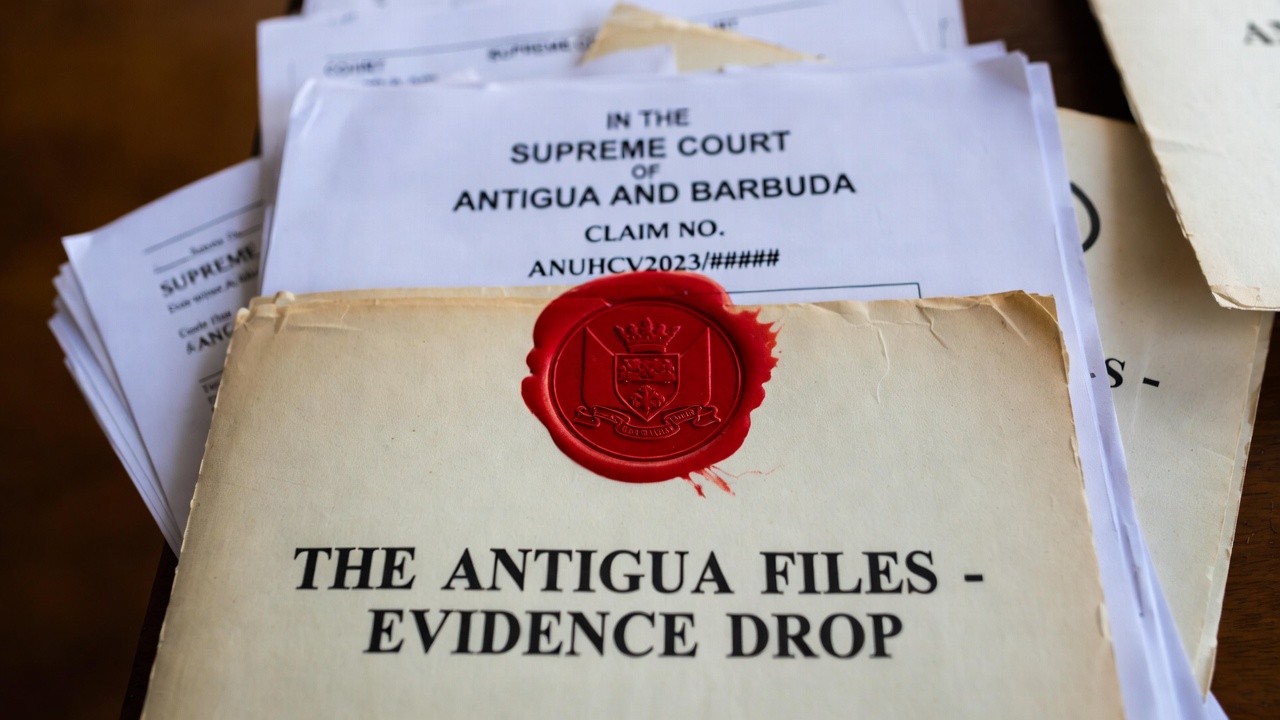On Thursday, the nonprofit Coffee Watch filed a petition to Customs and Border Protection urging the U.S. government to halt imports of Brazilian coffee linked to human trafficking. The move specifically highlights companies such as Starbucks, Nestle, Dunkin’, and McDonald’s, asserting that they may inadvertently support a system entrenched in modern slavery. "We’re exposing an entrenched system that traps millions in extreme poverty and thousands in outright slavery," stated Etelle Higonnet, the founder of Coffee Watch.
The petition follows a lawsuit filed by International Rights Advocates against Starbucks, representing eight Brazilian workers who reportedly endured slavery-like conditions while harvesting for a major supplier in Brazil, Cooxupé. Attorney Terry Collingsworth emphasized the significant trafficking and forced labor issues within Brazil's coffee industry and called for accountability from Starbucks: “Starbucks needs to be accountable.”
As scrutiny rises, the ethical sourcing of coffee may face new challenges, igniting broader discussions about labor practices in the agricultural sector. The plaintiffs aim for class-action status to represent the thousands of workers affected by similar circumstances, signaling a potential shift in how consumers perceive their coffee choices.
The petition follows a lawsuit filed by International Rights Advocates against Starbucks, representing eight Brazilian workers who reportedly endured slavery-like conditions while harvesting for a major supplier in Brazil, Cooxupé. Attorney Terry Collingsworth emphasized the significant trafficking and forced labor issues within Brazil's coffee industry and called for accountability from Starbucks: “Starbucks needs to be accountable.”
As scrutiny rises, the ethical sourcing of coffee may face new challenges, igniting broader discussions about labor practices in the agricultural sector. The plaintiffs aim for class-action status to represent the thousands of workers affected by similar circumstances, signaling a potential shift in how consumers perceive their coffee choices.






















